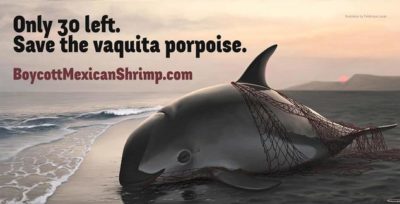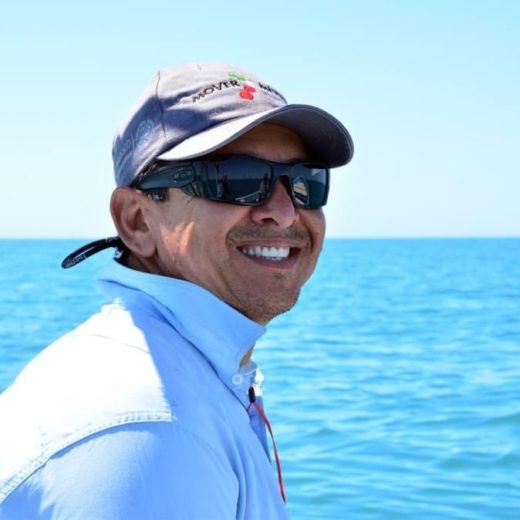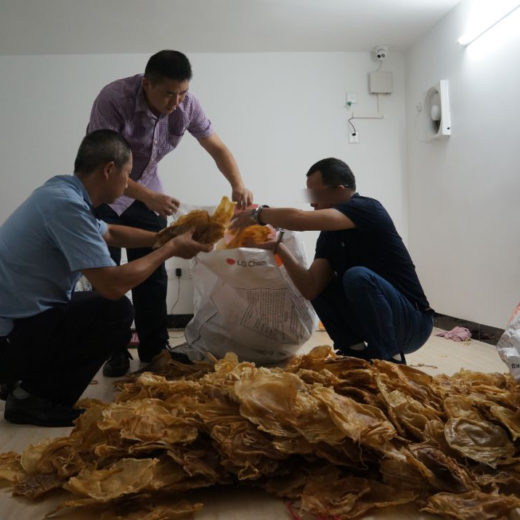
The world’s smallest porpoise is on the brink of extinction. The vaquita marina (little sea cow) is only found in the Northern Sea of Cortez and fewer than 30 individuals remain (a dramatic decrease from last year). While fishermen do not target the vaquita directly, its numbers are decreasing due to entanglements in gillnets.
Between 1990-2010, gillnets used to catch Mexican shrimp resulted in the loss of over 70% of the vaquita population. At that point, fishermen increased the use of gillnets within the vaquita habitat to fulfill the latest fad: the resurging hunt for the endangered totoaba fish and its prized swim bladder.
In China, a single totoaba swim bladder can sell for as much as $31,000-50,000 on the black market. As a result, many local fishermen are willing to risk capture by authorities in an attempt to cash in before the totoaba itself is gone. In 2015, the Mexican government enacted a two-year ban on most gillnets within vaquita habitat. However, due to lax enforcement and legal loopholes, the vaquita’s numbers continued to plummet. Moreover, the ban is slated to end this month.
WildAid is helping to protect the vaquita and totoaba from extinction by educating consumers in China on the far-reaching impacts of this trade, and by providing training to Chinese customs and enforcement officials to aid in the arrest and conviction of totoaba swim bladder traders. Our marine program is also working in the Sea of Cortez in Mexico to improve enforcement of protected areas and prevent unsustainable fishing practices.
We have the power to #SaveTheVaquita. Please join us and sign the pledge at BoycottMexicanShrimp.com to ask the Mexican government to enact a permanent gillnet ban with better enforcement and ensure the removal of all gillnets from the northern Gulf of California. Until they do, boycott shrimp from Mexico to ensure that the vaquita’s waters are gillnet free. Because when the buying stops, the killing can too.
Stay in touch and get the latest WildAid updates.
SIGN UP


